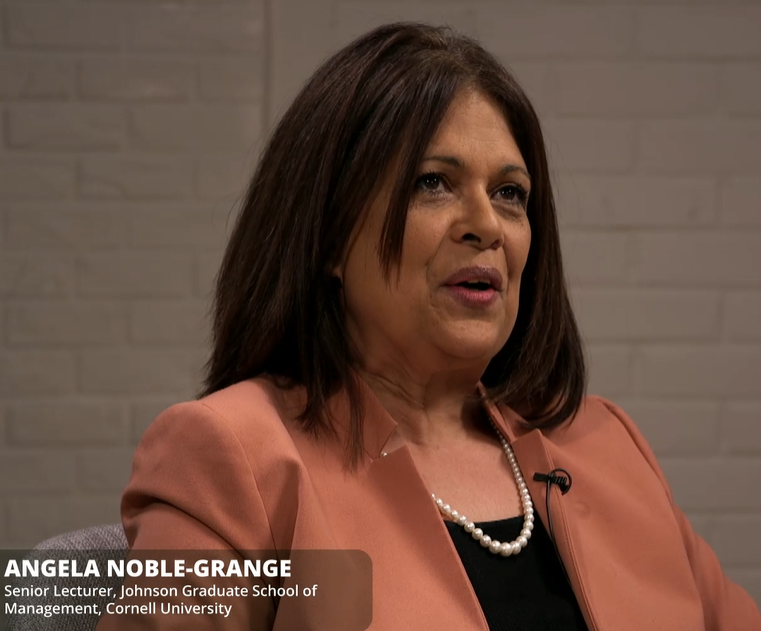If you are looking for a new podcast to add to your listening list, we suggest trying a few episodes of the “Guilty Feminist“. We recently listened to “Episode 184: Things We Wish We’d Known with Kate O’Donnell and guests Charlotte Keatley and Jenny George”
One part we loved was at the end of that episode when the host Deborah Foster Wallace says:
“People believe what you tell them. You tell the story of you and that is what they believe. Very few people are correcting your story of you. If you come into a room and say ‘I’m not sure about this but…’, the story you are telling is that ‘I don’t really trust myself’. Very few people in life will say ‘You don’t trust yourself but I think you should and I’m going to.’ Occasionally someone does and that person is called a mentor. That’s what a mentor is – someone who says ‘I believe in you more than you believe in you.’ You will get maybe two mentors in a lifetime if you are lucky. Everyone else believes what you tell them. So tell them the story ‘I trust me’ and people will trust you with more responsibility, opportunity, money, influence, etc. We need to walk into rooms as though we’ve been invited. Often we walk into rooms we’ve been invited into and act as though we weren’t. We’ve got to cut that sh*t out.”





